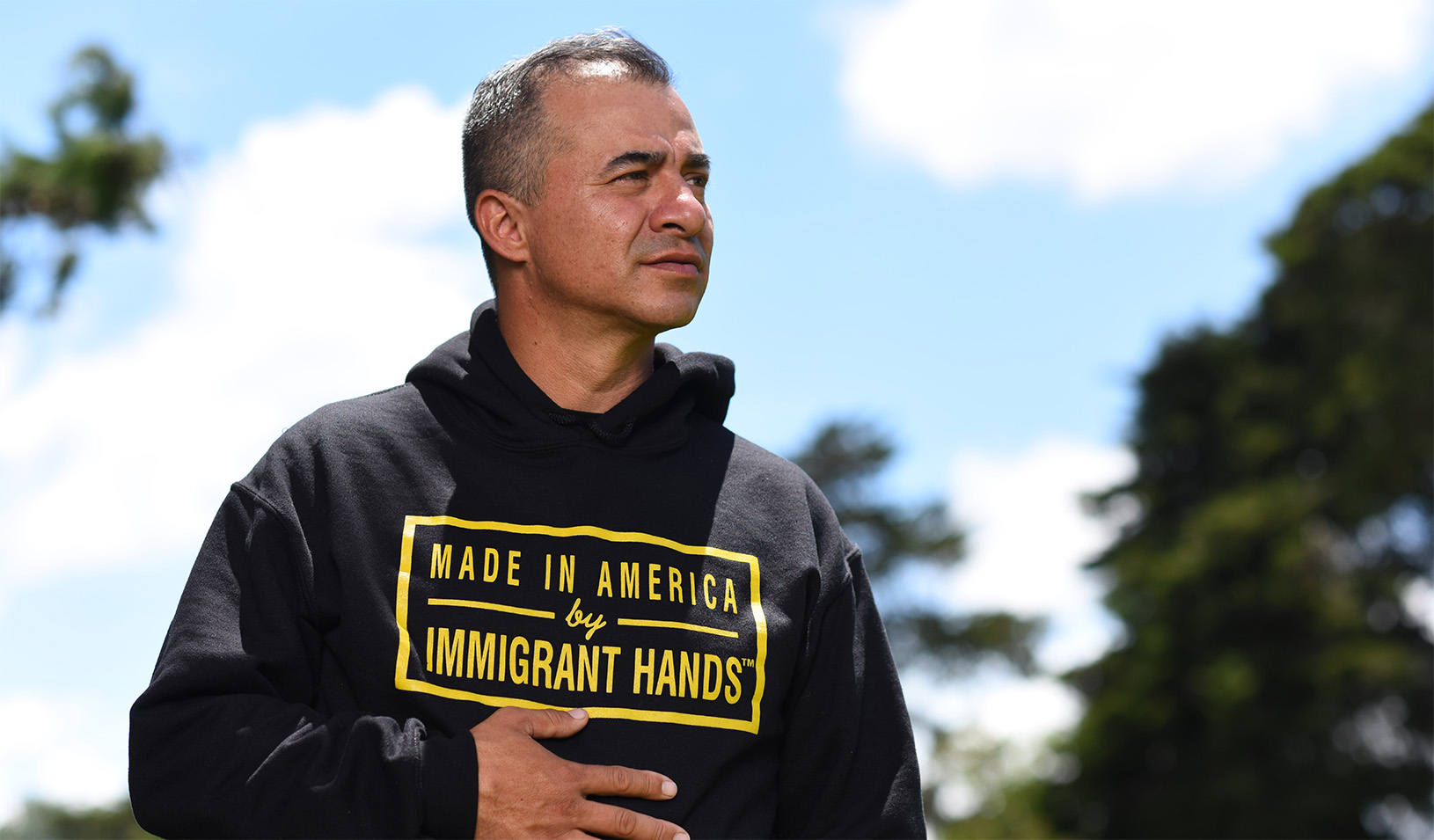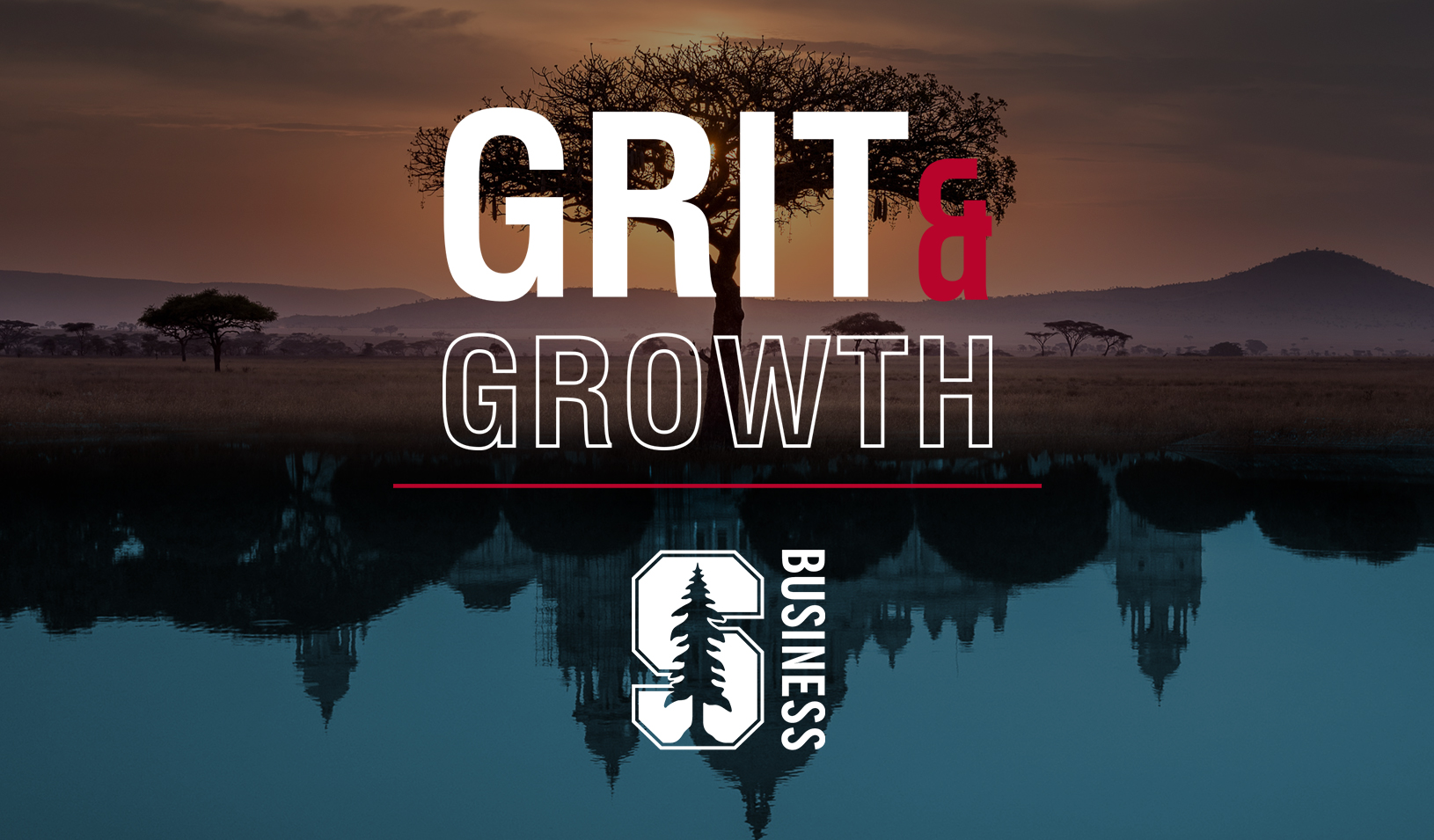
While training to become a doctor, Ai Chloe Chien saw how diabetes impacted her patients and their families. | iStock/Chris Gramly
Ai Chloe Chien is the co-founder and COO of Homemade Cooking, a community-based cooking school that teaches people how to prepare healthy meals. Homemade is profitable, and has several locations in Palo Alto and Menlo Park, Calif. Chien launched the business in 2013, shortly after she graduated from Stanford Medical School and Stanford Graduate School of Business with an MD and an MBA.
In 10 words or fewer, what is the big idea behind your business?

Ai Chloe Chien, co-founder of Homemade Cooking | Courtesy
Teach busy people to nourish mind and body by cooking real food.
Before going to Stanford Graduate School of Business, I was planning to do medicine and work on population change or become a practicing physician. When I was training at the county hospital, I saw a lot of amputations on diabetic patients who had foot infections that grew out of control. They kept coming back because their diabetes was not in check. I saw that it was painful not only for them but also for their families. I then tried primary care, but it became a pattern of managing medication and nagging people to change. Nothing was working. After I took the “Startup Garage” course at Stanford, I started to think about diabetes as a real-world problem I could solve. We teach people how to buy, cook, and eat healthy food, and support each other to create strong habits over time.
What is the best advice you’ve ever received?
My co-founder Anna Rakoczy, whom I met in the course, advised me to meditate. It has made a big difference to my wellness, sleep, energy, and overall effectiveness.
What was the most difficult lesson you have learned on the job?
When you are a co-founder of a startup, self-care is really important. You are working hard and not sleeping well, and exercise tends to be the first thing to go. You lose effectiveness at work, as a person, and at home. A little while back, I completely burned out. I found myself crying from exhaustion. I had to take an emergency vacation to recover. I went off the grid for a week. All I did was stay home, but afterward I felt renewed. That’s when I knew we have to take care of ourselves in order for the company to survive. All our hearts and souls are in this.
If there were one thing that has enabled you to be successful as an entrepreneur, what would it be?
Conviction. I have zero doubt. I know we can empower people to eat well and reverse Type 2 diabetes.
What inspires you?
Our mission. Cooking and eating real food should be joyful and inspiring.
What is your greatest achievement?
Doing a startup in Silicon Valley that is non-tech with an all-female team.
What values are important to you in business?
Service — to my employees, business partners, and customers. This may have carried over from my training in medicine.
What impact would you like to have on the world?
I want to cure Type 2 diabetes in my lifetime. After that I’d like to tackle other lifestyle diseases, such as heart disease.
Why are you an entrepreneur?
I never wanted to be an entrepreneur. It was just the most logical, sensible way to have an impact on lifestyle diseases, such as diabetes.
What was your first paying job?
This is it.
What is the best business book you have read?
The Power of Now by Ekhart Tolle. Also Value Proposition Design. It helps you get to product/market fit.
What businessperson do you most admire?
Anna. She is my mentor, best friend, and sister. We are very different personalities, yet we have very complementary approaches and perspectives.
What is the most valuable thing you took away from your time at Stanford?
The “check-in” concept from Startup Garage. We do a personal check-in, as well as a business check-in, before each meeting starts.
What do you think is the greatest innovation in the past decade?
Any innovation that is made accessible and scalable.
For media inquiries, visit the Newsroom.






